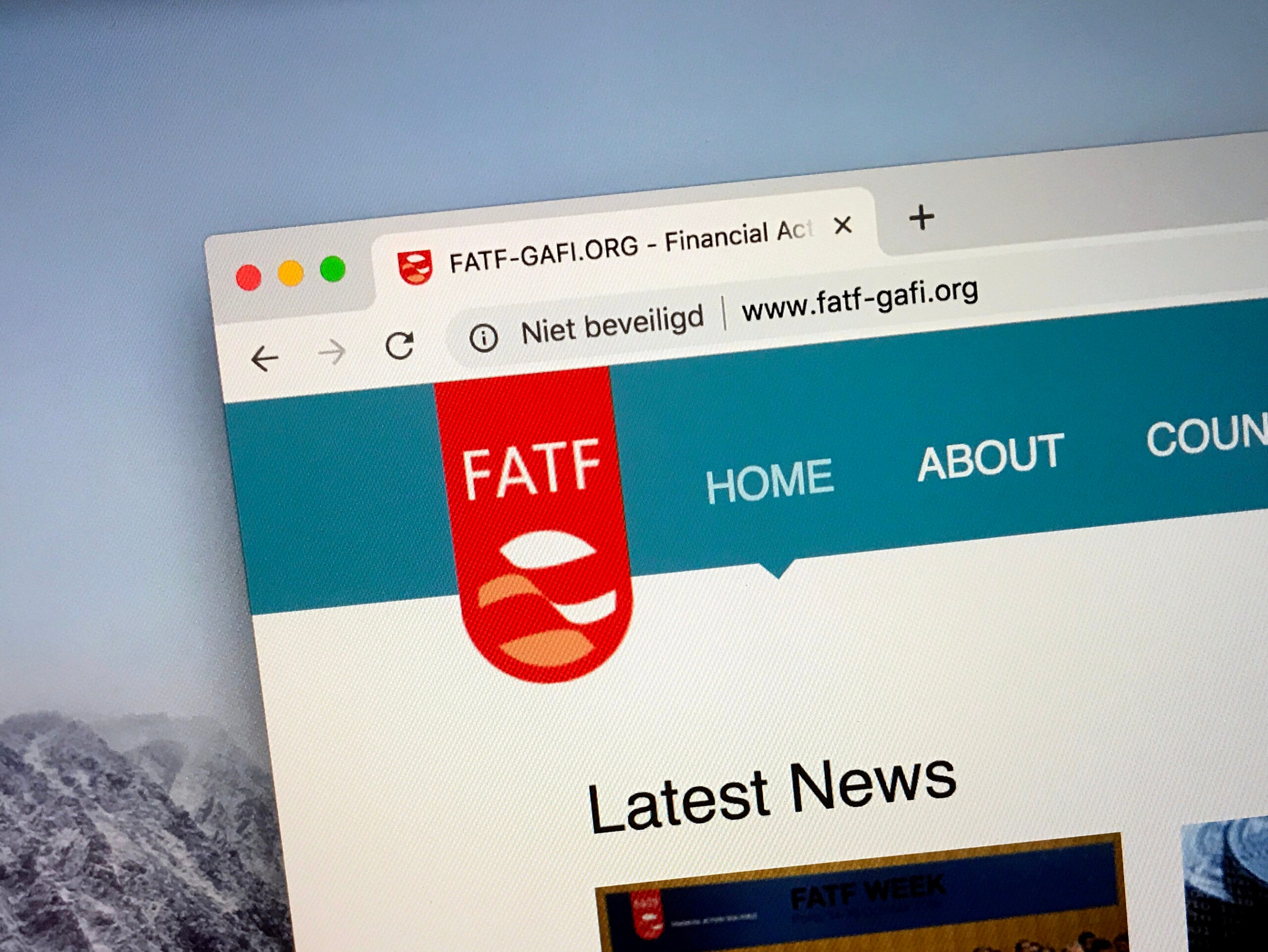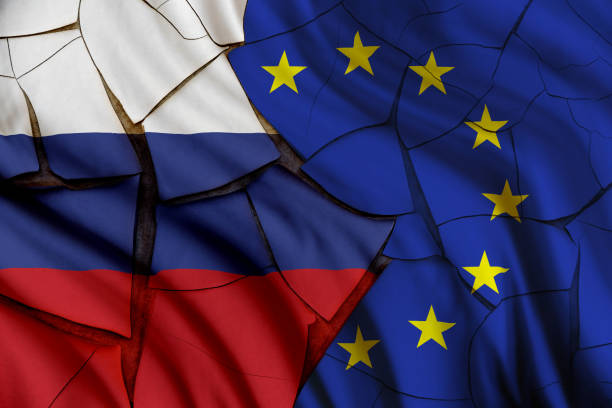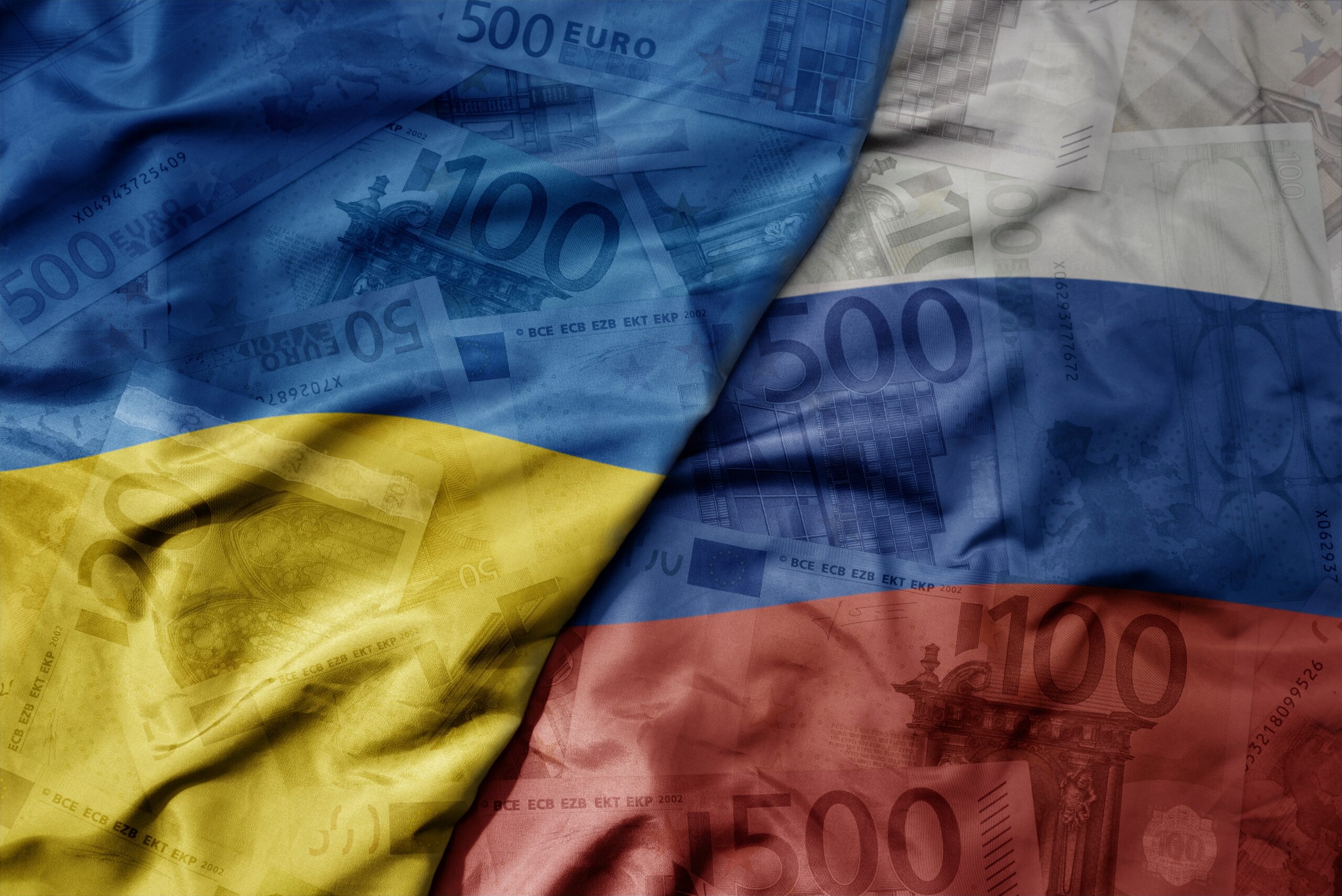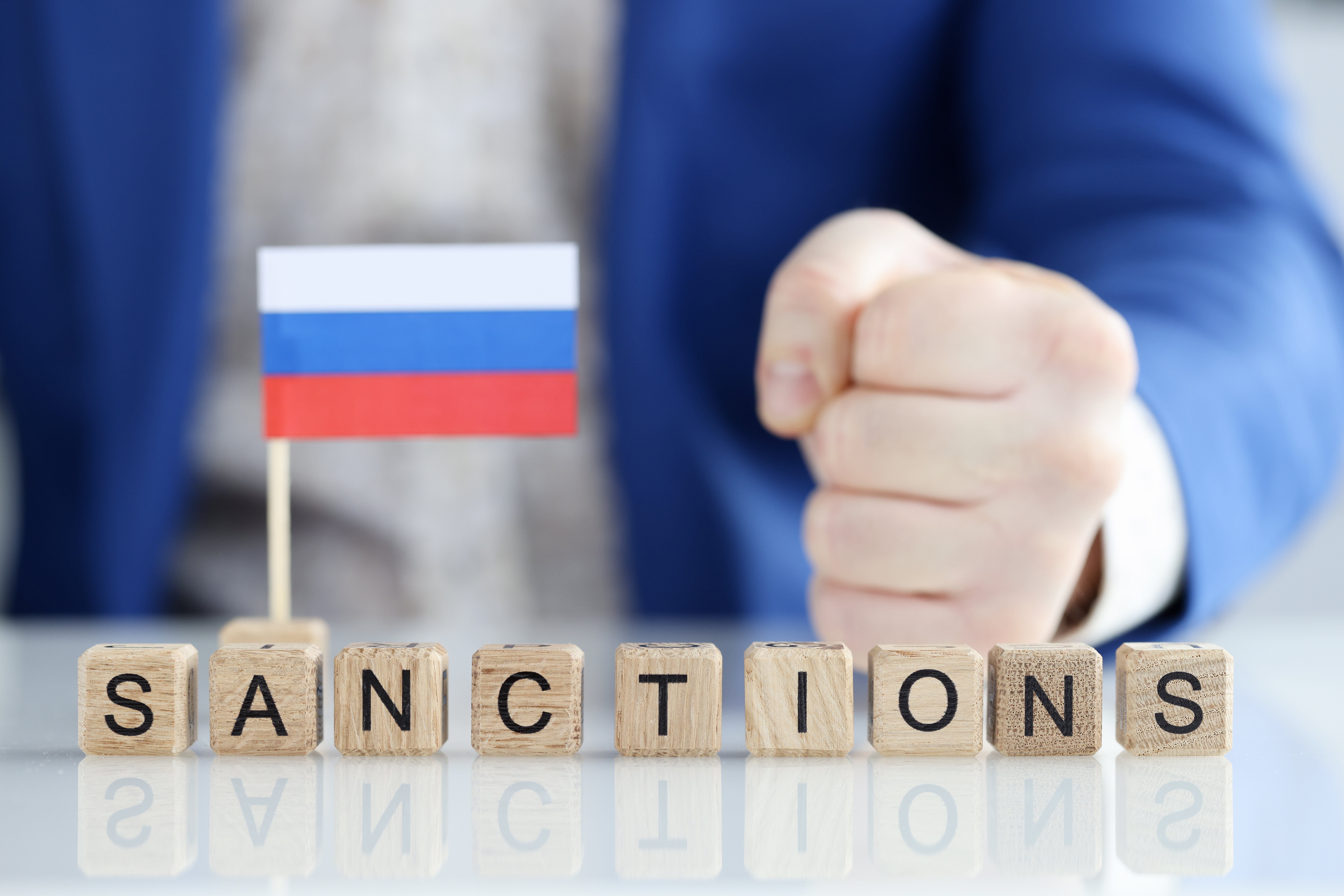The Financial Action Task Force (FATF), is an intergovernmental organisation that sets global standards and promotes the effective implementation of measures to combat money laundering, terrorist financing, and the financing of weapons of mass destruction. According to a confidential document seen by POLITICO, the FATF is poised to make a crucial decision in the coming days, whether to place Russia on its Black List. This move could have significant implications for Russia’s global financial standing and further isolate the country from the international banking system.
In February 2023, FATF suspended Russia’s membership due to its invasion of Ukraine. The suspension followed growing concerns that Russia’s actions conflicted with FATF’s core mission of maintaining financial integrity. However, despite this suspension, the country has avoided being placed on FATF’s Black List, until now. Ukraine has consistently pushed for Russia’s inclusion on the FATF’s Black List, but efforts have so far fallen short.
FATF categorises non-compliant or high-risk jurisdictions into two lists. The Grey List, which includes Jurisdictions under Increased Monitoring due to strategic deficiencies in their anti-money laundering (AML) and counter-terrorism financing (CTF) measures, and the Black List (FATF’s List of High-Risk Jurisdictions Subject to a Call for Action) which includes countries that present significant risks to the global financial system. Currently, only a few countries, such as Iran, North Korea, and Myanmar, are listed on FATF’s Black List.
Should Russia be added to this list, the consequences would be severe. When a country is added on FATF’s Black List this means that a country’s financial practices present a substantial threat. This often leads to financial institutions worldwide imposing stricter controls on transactions involving Russia, increasing the country’s isolation from global financial markets. As a result, Russia would likely face a significant drop in foreign direct investment as businesses and investors stay away from the risks associated with Black List jurisdictions. Lastly, Russia will lose its ability to engage in cross-border trade and access international financial markets.
Ukraine’s push to include Russia on the FATF’s List of High-Risk Jurisdictions Subject to a Call for Action is grounded in concerns over Russia’s financial and military activities, which appear to violate international norms. Some of the key issues raised include Russia’s ties with other jurisdictions like North Korea and Iran which are present on the FATF’s Black List, the reports of Russian actors using cryptocurrencies and encrypted communication platforms, such as Telegram, to evade sanctions and facilitate illicit financial activities, and accusations that Russia is involved in laundering money from goods, including grain and minerals, taken from Ukraine during its invasion.
These activities have fuelled concerns that Russia is undermining global efforts to combat financial crimes and destabilizing the international financial system.
Despite Ukraine’s compelling case, any move to include Russia on the FATF’s List of High-Risk Jurisdictions Subject to a Call for Action would require a consensus among FATF’s 40 member states. Some countries, particularly those with economic or political ties to Russia, may hesitate to support such a decision. However, the accusations and the ongoing conflict in Ukraine could influence the majority.
If Russia is added on the FATF’s List of High-Risk Jurisdictions Subject to a Call for Action, it will join a small group of nations deemed the highest financial risks to the world. This would mark a significant escalation in international efforts to limit Russian activities linked to money laundering, terrorism financing, and sanctions evasion. The decision, expected in the coming weeks, will have profound implications for global financial stability and Russia’s place within the international community.
At MK Compliance Limited, we continue to monitor developments related to FATF’s actions and their potential impact on businesses worldwide.
If you require consultation in relation to the sanctions imposed against Russia, reach out at info@compliancemk.com.




